Sayar:
ecology as a social mission
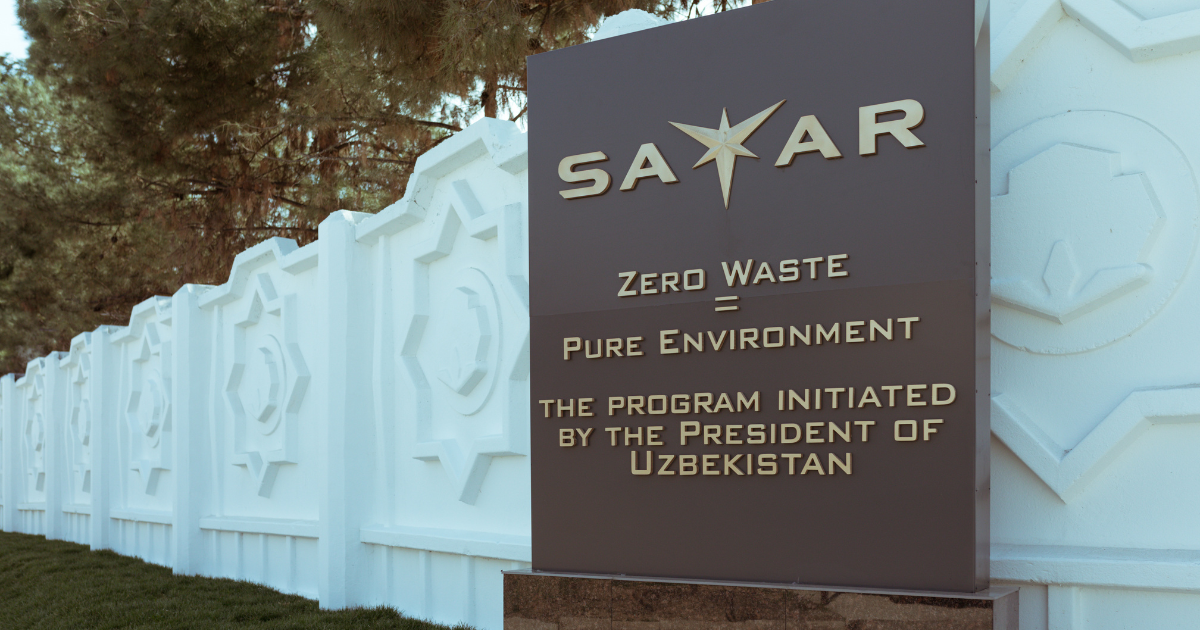
Modern medicine saves millions of lives, but there’s a downside – mountains of waste that can turn into a real environmental disaster. Syringes, bandages, chemical reagents, expired medications — all of them require proper disposal. When medical waste is not destroyed correctly, it becomes a source of dangerous infections, pollutes the air, water, and soil, and poses a threat to human health and the ecosystem.
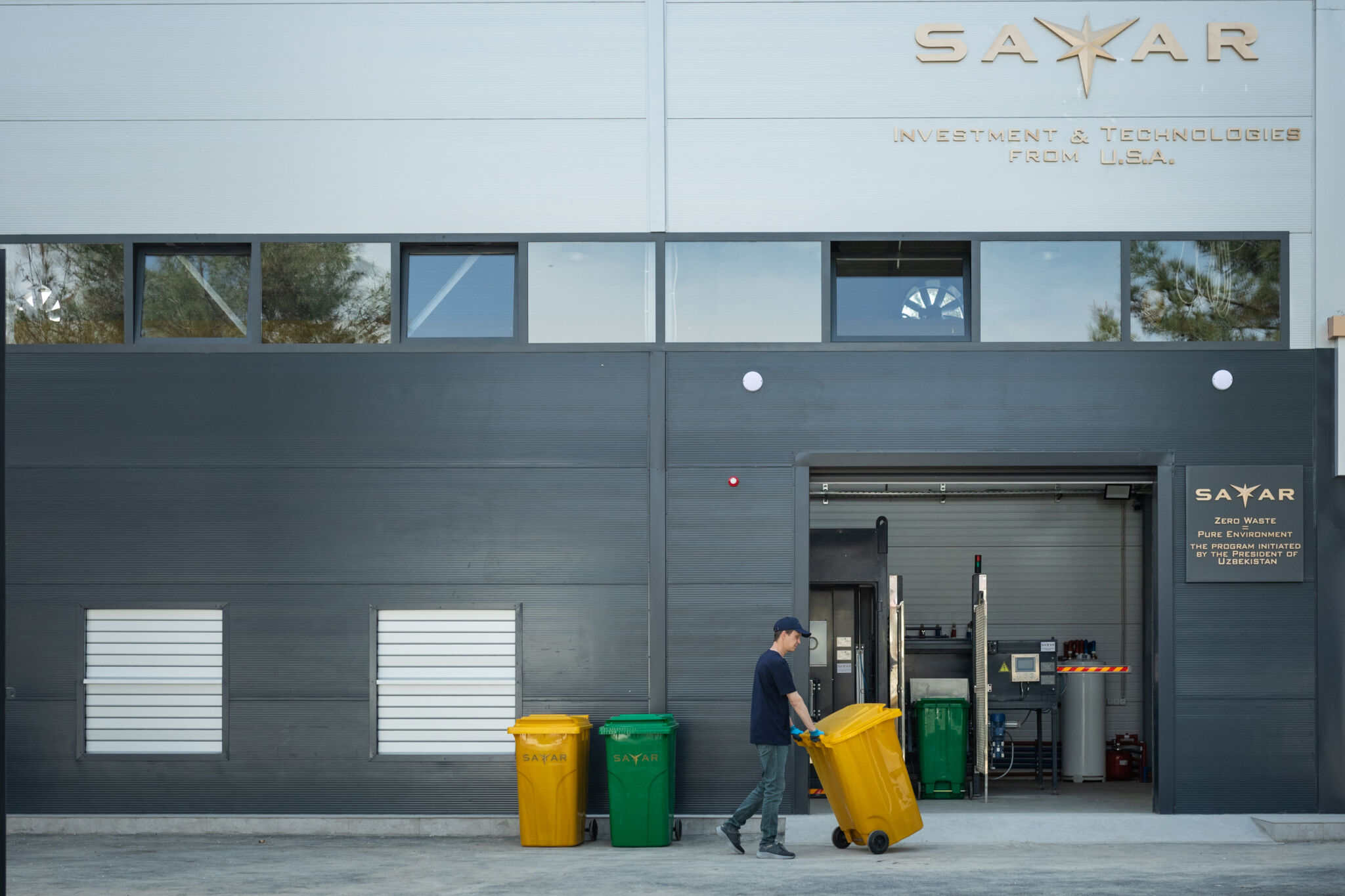
Evgeniya Guseva is an international lawyer, mother of two, and CEO of Sayar – an innovative medical waste recycling project. For her, environmental issues have never been just a professional interest but a personal responsibility to future generations.
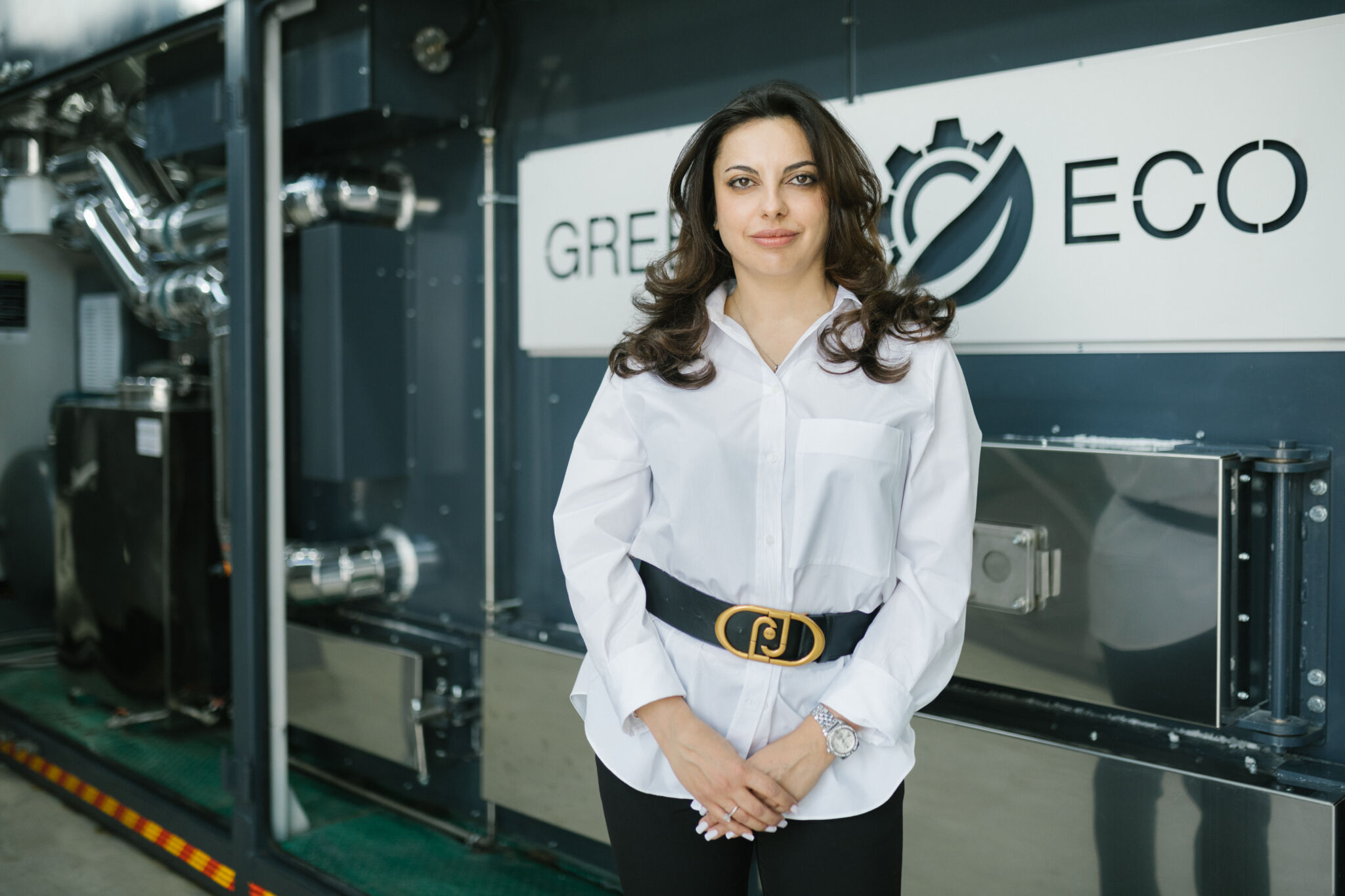
«As a lawyer, I understand that ecological initiatives require not only technology but also proper legal regulation. As a mother, I realize that a clean environment is the legacy we leave our children. And as the head of a large-scale project, I see that recycling medical waste is a key aspect of a safe society», says Evgeniya.
In accordance with the decree of the President of the Republic of Uzbekistan, it is planned by 2030 to cover the major cities and regions of Uzbekistan with modern recycling complexes, create safe conditions for medical staff, and introduce environmental education for the younger generation.
«We’re not just building facilities – we’re changing the culture of waste management and shaping a new attitude toward ecology. It’s important that everyone understands their responsibility and realizes that a sustainable future depends on the decisions we make today».
In addition to technological processes, Evgeniya’s team is working on improving environmental legislation, supporting social initiatives, and educating the public. This is both her personal and professional mission.
Understanding the importance of medical waste disposal
Disturbing facts: Why is medical waste a serious challenge?
Medical waste is not just trash. It can contain:
- Infectious materials: blood, used bandages, syringes contaminated with HIV, Hepatitis B and C.
- Toxic chemicals: mercury, heavy metals, hazardous medications.
- Radioactive waste: substances used in oncology and radiological diagnostics.
The consequences of improper disposal are catastrophic:
- Health risks: from hospital workers to ordinary passersby – anyone can be exposed to dangerous infections.
- Environmental threat: toxic substances enter the air and water, destroying ecosystems.
- Financial losses: fixing environmental damage requires enormous costs.
How is the issue being addressed in Uzbekistan today?
In recent years, the country has made important strides in this area. However, several challenges remain:
- A shortage of specialized facilities.
- Issues with the waste collection and monitoring system.
- Lack of awareness among medical personnel and the general public.
In many hospitals, waste is still not disposed of properly – and that’s dangerous.
Lately, the government of Uzbekistan has been actively working on ecological initiatives and has launched several projects to improve the medical waste disposal system.
An innovative approach: clean incineration as a safe solution
One of the most advanced disposal methods is low-emission incineration – a clean incineration technology. This process destroys waste at 800–1200°C, preventing harmful emissions into the environment.
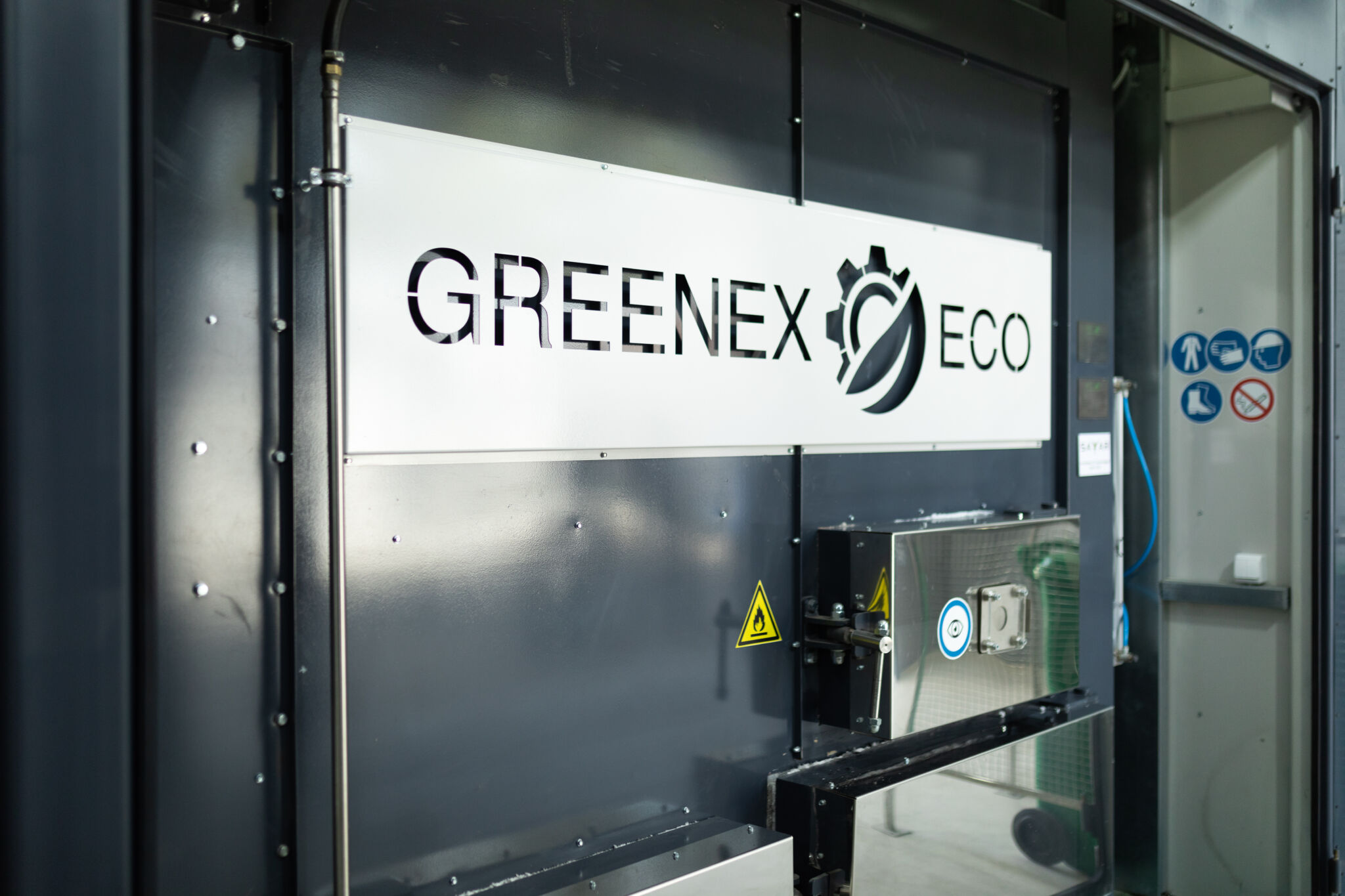
Why does it work?
- Eco-safety: gas filtration reduces toxic emissions.
- Destruction of viruses and toxins.
- Minimal residue: only 5–10% ash remains, which can be safely disposed of.
- Energy efficiency: the process generates heat and electricity.
The Sayar project: a new stage in medical waste disposal
In Tashkent, with the support of the President of the Republic of Uzbekistan, Shavkat Mirziyoyev, a pilot project called Sayar was launched, implementing clean incineration technology. After successful testing, the system is planned to expand to Samarkand, Bukhara, and beyond.
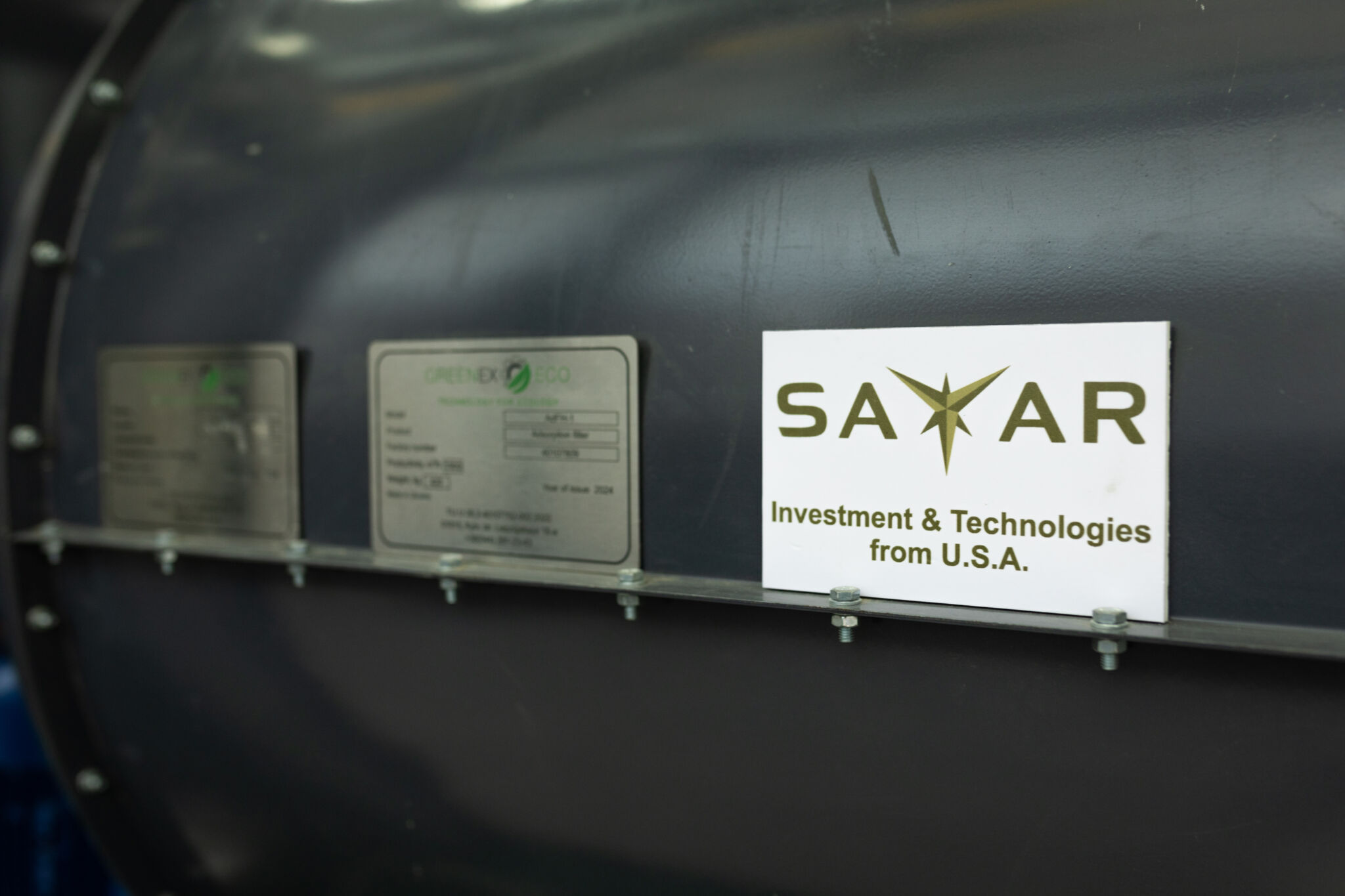
The project encompasses several key areas:
- Strict control over waste collection and transportation.
- Training for healthcare and waste management personnel.
- Public education — everyone should understand why this matters.
- Development of recycling infrastructure
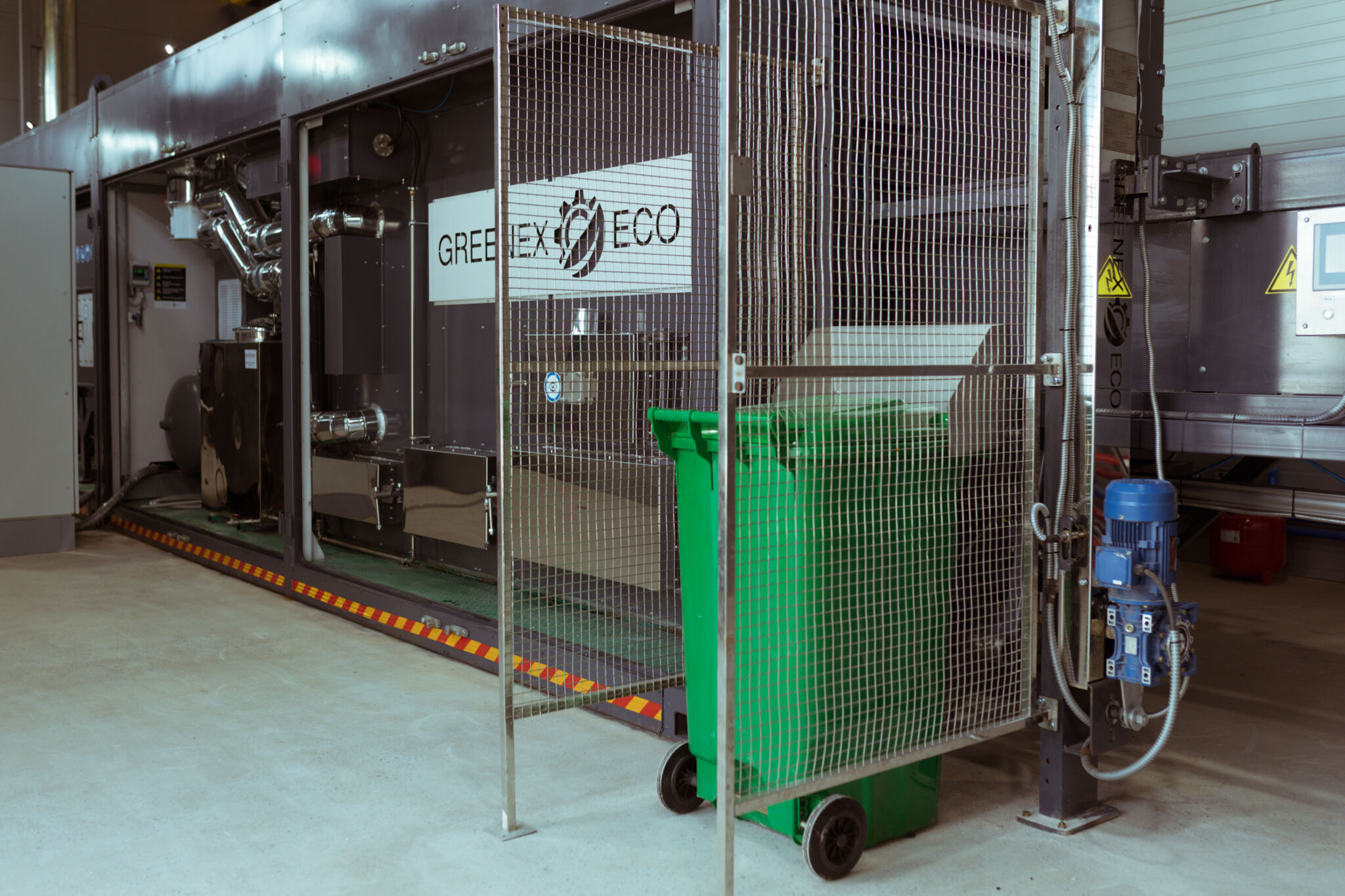
The medicine of the future is not just innovation but environmental care
Medical waste disposal is not just an environmental initiative but a step toward a safer future. Only by implementing cutting-edge technologies and a systematic approach can we protect human health and preserve nature.
The time to act is now – the future depends on us!
photo: Bobur Alimkhodjaev


